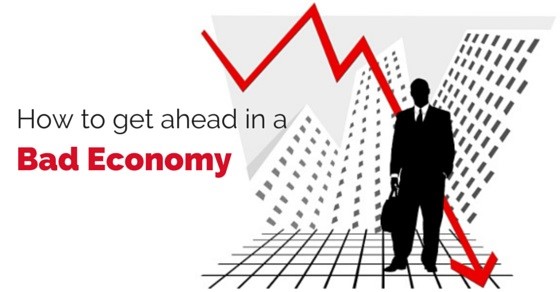[vc_row][vc_column][vc_column_text]
Be brave and step out
Imtiaz Rastgar
If you think all that bad news gives you a reason to go home and quit, you’re wrong. Now, more than ever, exporting SMEs in Developing Countries should be brave and step out.
Here is a list of the top recommendations applicable to virtually every sector and every export company:
- Reduce cost; customer cannot pay for your wastages, rework, or un-necessary overheads.
- Don’t wait for better days but try to move ahead with your most ambitious plans.
- Professionalize on purchasing and look for the ideal mid- to long-term sourcing opportunities.
- Don’t yield to the temptation to save money on quality, rather invest in raising it.
- Keep your marketing and advertisement budget intact. There is an urge to save on this account which results in further loss of sales.
- Focus on quality and, if necessary, implement a recognized quality assurance scheme.
- Concentrate on your two or three most profitable export products and improve them.
- Stick to a long-term strategy centered not merely on survival, but on innovation and partnerships.
- Minimize risk by dividing your sales pie. Diversify by market. Not by product.
- Accept smaller orders rather than hoping for large ones and not getting any.
- Use redundant capacity to improve processes.
- Develop market intelligence and keep yourself updated on the latest market developments by attending seminars and subscribing to relevant information sources.
- Identify new growth areas in your sector and decide whether you should pursue them.
- Reach out to new clients and markets that fall in with your long-term strategy, follow up on leads you put aside previously, dust off strategic plans for new business development.
- Make market segmentation and define your most promising target markets as sharply as you can so that your marketing efforts will yield a maximum effect.
- Explore niche opportunities.
- Benefit from the need among European businesses to refocus on their core competencies and outsource the rest.
- Prepare yourself for the fact that in many sectors, European SMEs will be joining the larger firms in outsourcing as soon as the worst waves of the crisis have passed.
- Try to avoid laying off employees as it will weaken your company, and by all means hold on to your experts, your English speakers and your staff with European experience.
- Join forces with colleagues, form export clusters, share as much as you can to reduce cost and to increase knowledge, capacity, and reliability.
- Take an active interest in your customers’ and prospects’ problems – it will generate new business and help you overcome your own worries.
- Climb up the value chain by adding value and integrating yourself in your customers’ business, for instance by pre-packaging according to their requirements.
- Introduce energy-efficient production methods so as to be less vulnerable to rising energy prices and decrease your own prices in the long term.
- Develop a clear strategy to make your company more sustainable and to distinguish your company by investing in corporate social responsibility (CSR) – and communicate with prospective customers about your goals and achievements in this area.
[/vc_column_text][/vc_column][/vc_row]


these summarized tips are really valuable for the SME no matter exporting or selling in the local market. this paper should be circulated to the SME as much as possible to extend benefit to all.
Thanks for Imtiaz Rastgar for preparing such golden Tips .